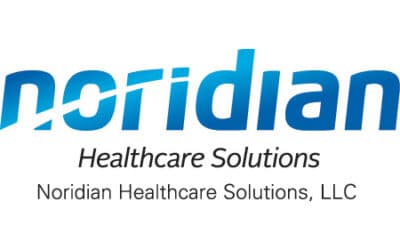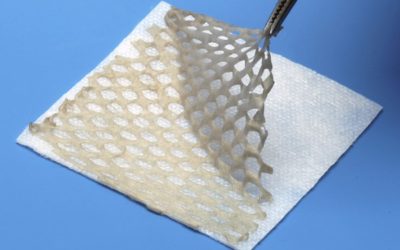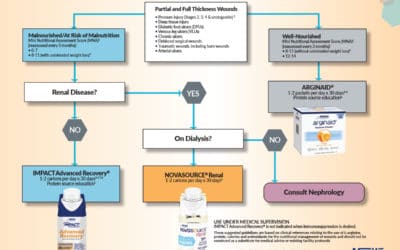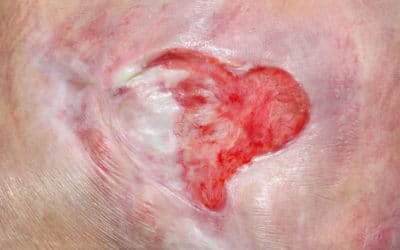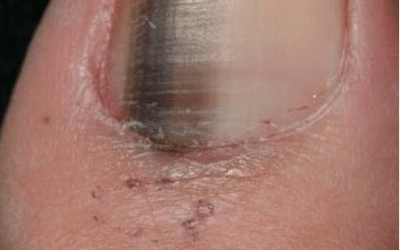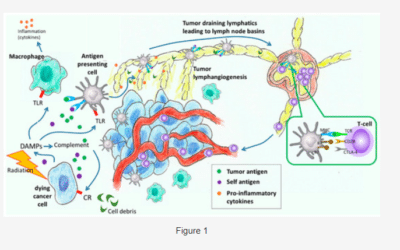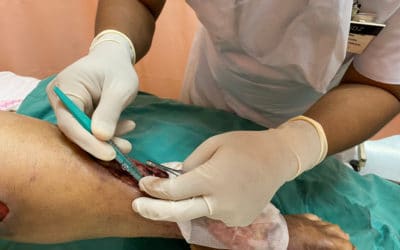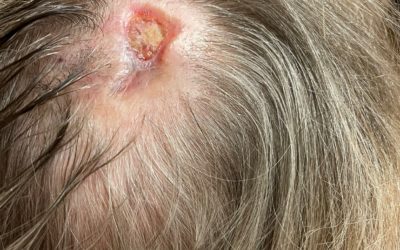Baxter International is one of the largest suppliers of IV fluids in the United States with its North Cove facility providing 60% of IV fluid in the USA.
Blog Posts About Wound Care in the Clinic
What Doctors Wish Patients Knew About Prior Authorization
Maybe if I’d let patients read this article, I could have discussed the issue with my patients honestly, rather than just running away from it.
G2211 Documentation
Last month’s blog explained HCPCS G2211, its appropriate use, and inappropriate use. HCPCS G2211 -...
Surgical Dressing Webinar by Noridian on March 7th
On Thursday, Mar 7, 2024 from 12:00 PM – 1:00 PM CST, Noridian is offering a webinar on Surgical Dressings. It is intended for DME suppliers.
Noridian Offering Tutorials on Hyperbaric Oxygen Therapy (HBOT)
Noridian is offering two self-paced training tutorials to “assist providers and facilities in better understanding Hyperbaric Oxygen (HBO) Therapy.”
Noridian is Offering a Feb 13th Webinar on the Lymphedema Compression Benefit Category
On February 13th, 2024, Noridian is offering a Webinar for DME suppliers about lymphedema compression benefits.
Pneumatic Compression Devices Webinar by Noridian on Feb 13th, 2024
On Tuesday, Feb 13, 2024 from 2:00 PM – 3:00 PM CST, Noridian is offering a webinar intended for DME suppliers about pneumatic compression devices (PCDs).
Mindfulness, Electronic Health Records and Ebola
A recent Ebola outbreak in Dallas was blamed on a “flaw” in the hospital’s electronic health record (EHR). Yes, you heard me correctly.
Prior Authorization Nightmares & the Antidote to Burnout
Here’s a doctor who knows his days are numbered, and he’s making the most of every one because he has a purpose.
HIPAA Does NOT Require That Healthcare Providers Obtain Patient Authorization to Disclose Protected Health Information (PHI) to Other Clinicians for Treatment Purposes
HIPAA does NOT require that health care providers obtain patient authorization to disclose protected health information (PHI) to other clinicians for treatment purposes.
New CTP Coding Requirement
Effective July 1, 2023, providers must report the JZ modifier when an entire skin substitute product is applied to a Medicare Part B beneficiary and there is no waste.
Place of Service for “Observation” Status Patients
It is important to know if the patient is in the hospital under “observation” status or “inpatient” status because this affects CPT® code selection.
The Importance of CPT® 99024
Yes, specialists who are not the admitting / primary physician may submit CPT 99304 in certain situations.
A Simple Nutritional Algorithm for Patients with Chronic Wounds
I will be the first to admit that I did a bad job recognizing and treating nutritional deficits in...
Wound Repair CPT® Codes
When it comes to CPT® coding, wound repair is typically classified as simple, intermediate, or complex.
Pressure Ulcer Versus Pressure Injury ICD-10-CM Coding
When documenting and coding skin changes that result from prolonged pressure, it is important to differentiate between a pressure “ulcer” and a pressure “injury.”
Is Collagen Billable Following Elective Procedures?
Some providers dispense surgical dressings to patients and submit coding for the dressings to third party payers in exchange for payment.
Documenting “Wulcers”
Wound care terminology & diagnosis codes haven’t changed since 1991, but wound care technology definitely has.
Can Specialists Submit CPT® 99304?
Yes, specialists who are not the admitting / primary physician may submit CPT 99304 in certain situations.
Appropriate Use of CPT® 11755
This CPT is often used incorrectly. Fortunately, clarity is provided in the form of a CPT Assistant article published in December, 2002.
The Future of Wound Infections – at the APWCA Meeting This Week in Philadelphia
Great opportunities to advance wound care knowledge, this week in Philadelphia!
Free Access to a Review Article on the Development & Treatment of Lymphatic Dysfunction in Cancer Patients
Check out this Open Access review article on the development and treatment of lymphatic dysfunction in cancer patients.
Debridement Auditing – It’s All About the Benchmarking
Benchmarking allows you to visualize whether you might raise a red flag with an auditor, since we know they have been auditing debridement services.
Assessing Malnutrition During the Wound Healing Process
Assessing a patient’s nutritional status during the wound healing process is of tremendous importance. Here are some lists for patients.
WATCH THIS: Trends in Wound Care Audits & Denials, with Dr. Caroline Fife and Dr. Helen Gelly
Last week, Dr. Caroline Fife and Dr. Helen Gelly enjoyed a relaxed, unscripted conversation about...
Diabetic Foot Ulcer Coding – Diabetes Awareness Month
November is Diabetes Awareness Month. For those that treat diabetic foot ulcers, this is a good opportunity to ensure your diabetic foot ulcer coding is accurate.
New Study Highlights Risk Factors of Deep Tissue Injuries
Severe pressure injuries continue to occur at a predictable rate, particularly among critical care patients. There’s a reason.
Food as Medicine
Let’s take a look at the ways in which proper nutrition can be an invaluable part of the wound healing process.
Life-Saving Tech Is Here, So Let’s Use It
It’s finally possible to have the tools you need for outpatient wound management seamlessly integrated into the hospital EHR.
Debridement Audits – What Documentation Is Required?
Proper documentation for surgical debridement is going to take a lot of engagement with your EHR vendor.




